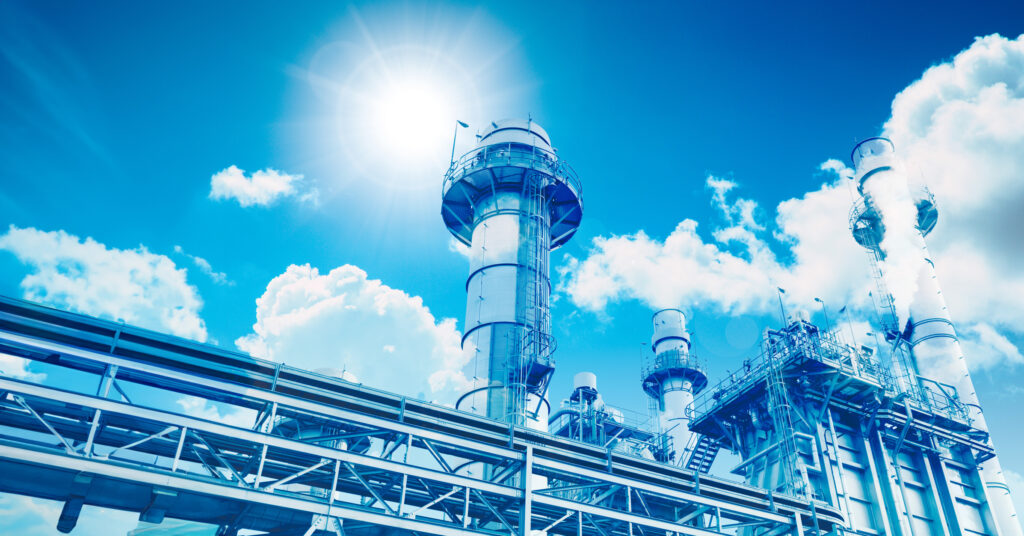Unbeknownst to many, Wisconsin has played a key role in driving down prices at the gas pump thanks to its abundance of “frac sand,” a specialized silica sand required for the fracking process.
The prime reason for the global oil glut and falling prices is the rise of hydraulic fracturing, or “fracking.” The process consists of pumping a mixture of water, sand, and trace amounts of chemical additives into oil- or gas-rich rock formations to break them apart, creating fractures allowing oil and natural gas to flow freely through the well and up to the surface.
Frac sand is essential to fracking, as the sand keeps fractures open, exponentially increasing oil and gas production from the wells.
Wisconsin Frac Sand Capital
Fracking couldn’t take place without frac sand, and approximately two-thirds of this sand is mined in Wisconsin.
The Wisconsin Geologic Survey records show sand as having been mined for industrial purposes in the state for more than a century. Before hydraulic fracturing, sand and gravel pits were common in Wisconsin as a source of aggregate and for other industrial purposes such as glassmaking and cores for foundries. In recent years silica sand production has increased significantly, driven by demand for frac sand.
Wisconsin has become the global epicenter of the frac sand boom because it has vast deposits of the well-rounded, well-sorted, highly durable sand necessary to optimize well production.
Sand Mining Promotes Economy
Sand mining has become a significant force for economic development, now a billion dollar industry in the Badger State. According to the January 17 Milwaukee Journal Sentinel, nearly 3,000 people were estimated to be employed in industrial sand production in 2012.
The growth in industrial sand mining has benefited small businesses, especially in western Wisconsin, where most of the mining occurs.
John and Sara Vinopal, who own Vinopal Title and Abstract, a land title company in Eau Claire, Wisconsin, have witnessed firsthand the increase in economic activity from the growth in industrial sand mining.
“We have handled numerous transactions in which sand companies have purchased land from local property owners. The sellers oftentimes will do a 1031 tax-deferred exchange with their proceeds, thereby reinvesting their money in some type of investment property” said Sara.
Activist Opposition
Some environmental groups are trying to end sand mining as a way to stop oil and gas production through fracking. Activists ideologically opposed to fossil fuel use and fracking have sought to stop sand mining by publishing reports hyping the potential risks of sand mining as if they had scientific backing. However, Mark Krumenacher, a geologist for more than 26 years at GZA GeoEnvironmental, Inc., says activists often hype problems that have already been solved, ignoring the safeguards already in place.
“Many of these reports border on intellectual dishonesty. In general, concerns about silica-sand mining can be categorized in two groups: legitimate and disingenuous. Legitimate concerns are based on facts and are specific in nature. Furthermore, to address these concerns, safeguards are implemented, mitigating the risks,” Krumenacher said.
As to ideologically based concerns, Krumenacher said, “Disingenuous concerns are rooted in the legitimate concerns but are raised by individuals or groups who are aware of the safeguards in place to protect people and the environment from harm, but ignore these protections in their reports with the hope that average citizens will believe the risks are unmanageable. It is a calculated attempt to stoke fears over problems that have already been solved in the hope of sparking a Not in My Back Yard syndrome.”
“Communities that prohibit sand mining to satisfy a few activists hurt the local and state economy for no environmental benefit,” Krumenacher said.
The Vinopals say their businesses would survive the end of frac sand mining, but others may not be as fortunate. “I don’t think our business would be greatly hindered if mining were prohibited, but I think the impact on the community at large would be greater,” Sara Vinopal said. “Sand companies and their employees use local businesses every day. From hotels and restaurants to flying in and out of the local airport. If mining were prohibited, all of these businesses would see decreased revenue.”





